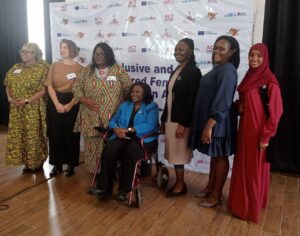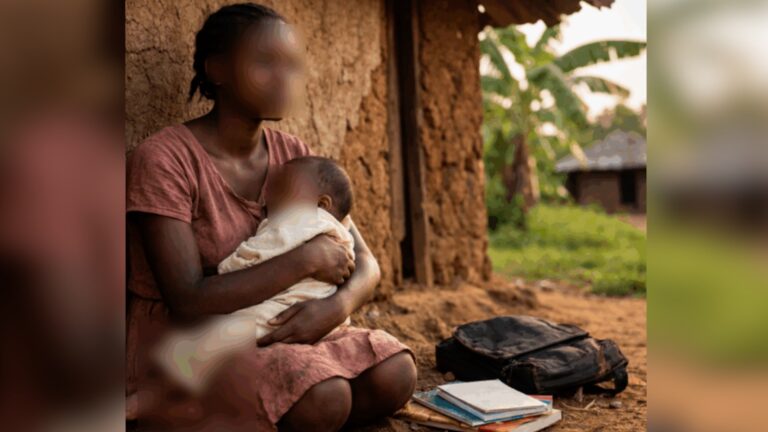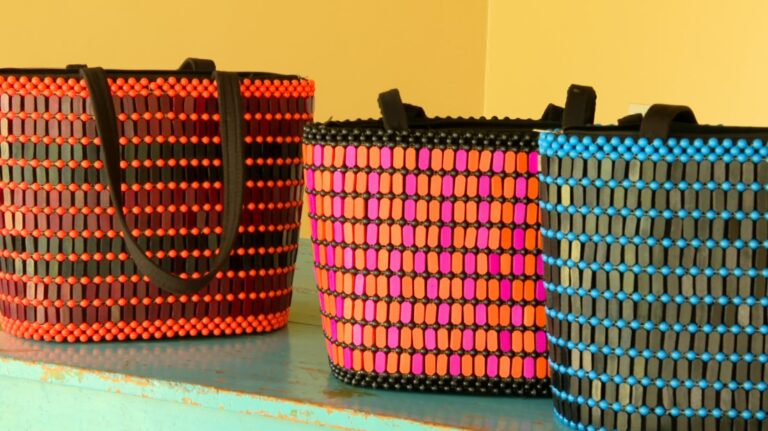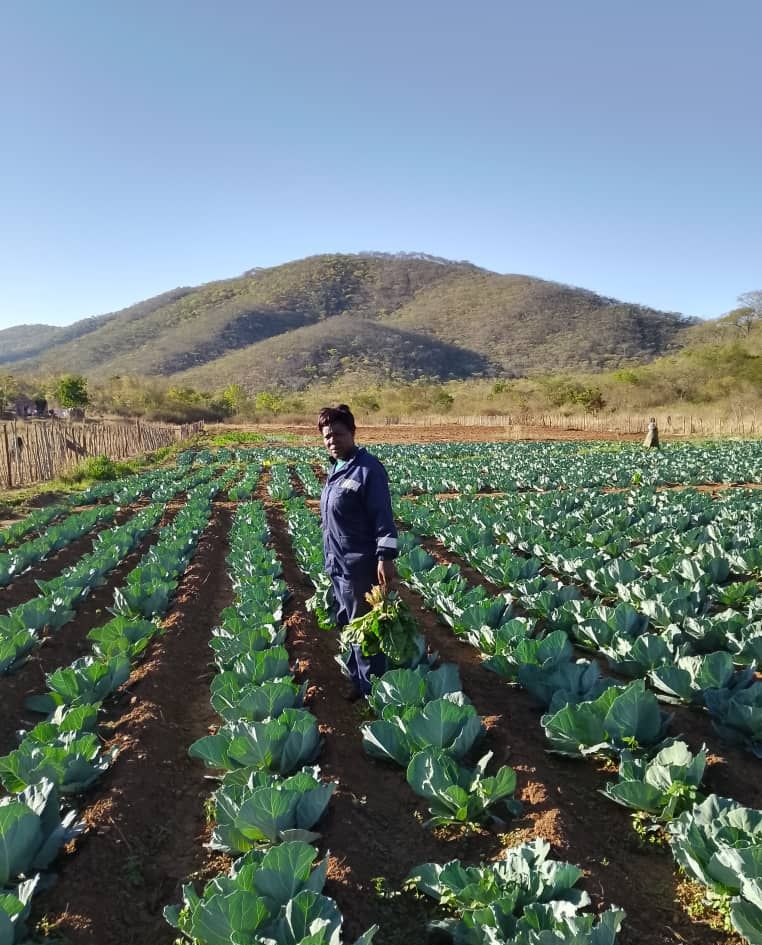Have you ever found yourself in a situation where you’re struggling with a challenge but can’t speak up for yourself? You have something to say, your pain, your needs, your truth, but someone else must speak on your behalf as you wait, uncertain of how help will come.
This is the reality for many persons with disabilities (PWDs) across Africa. They are often sidelined from leadership and decision-making spaces, with others claiming to speak for them. But why not let them speak for themselves?
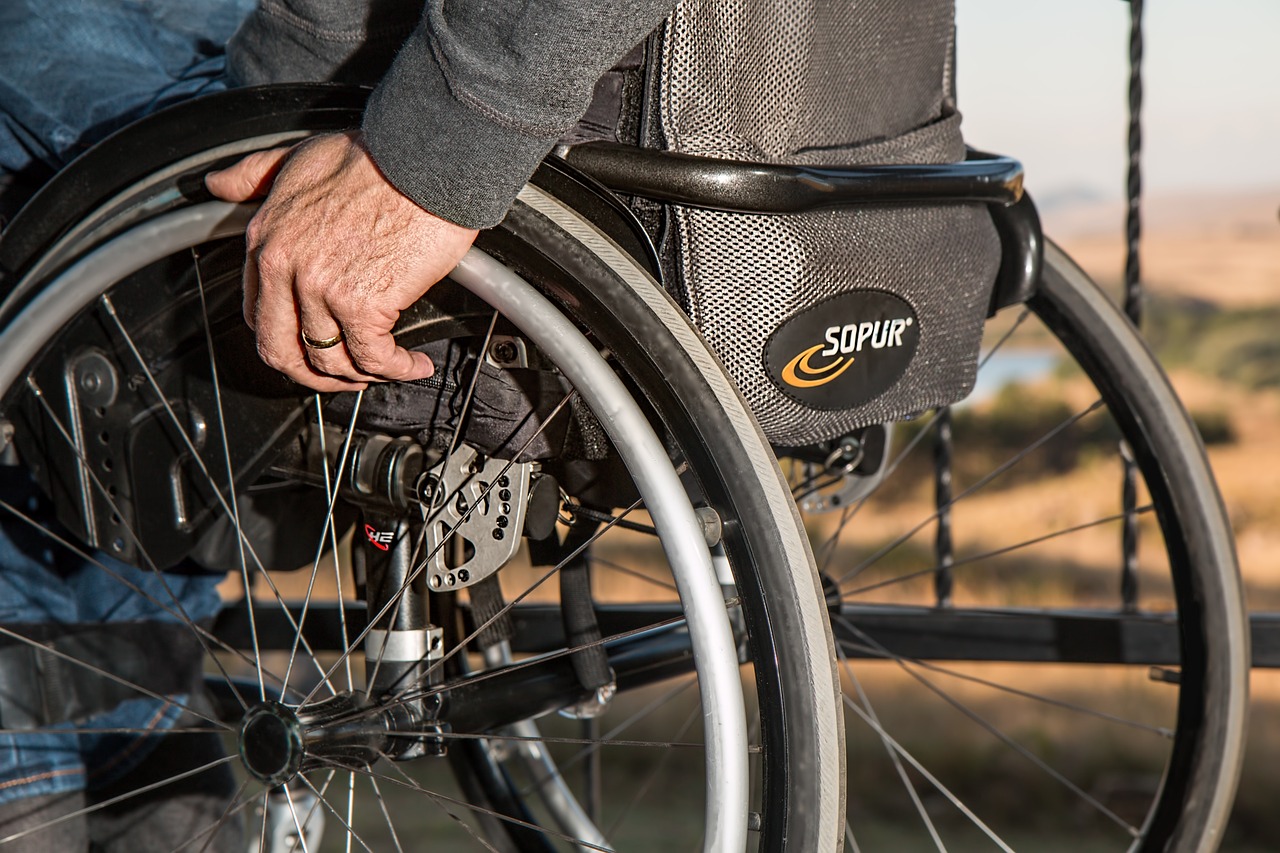
The blind can perceive, the deaf can understand, so why not trust them to lead, to represent their own voices and experiences? That’s the question echoing across much of Africa today.
Forums Bringing Together Women With Disabilities
The Coalition on Violence Against Women (COVAW), in collaboration with Disabled Women in Africa (DIWA), came together for the Sub-Regional Networking Forum for Women with Disability Advocates.
The Forum brought together women with disabilities, and feminist advocates from Kenya, Rwanda and Malawi to foster solidarity, share experiences and strengthen inclusive advocacy on violence against women and girls with disabilities.
The forum is part of the inclusive and empowered feminist movements in Africa, an initiative that COVAW and DIWA are co-implementing in Kenya, Rwanda and Malawi, with support from the United Nations Trust Fund.
This is to end violence against women, the UN Trust Fund, under the Action, Coalition Building and Transformative Feminist Action (ACT) to End Violence Against Women Programme.
Women with disabilities face violence at disproportionately higher rates than women without disabilities.
However, evidence has established that despite their vulnerability to violence, women with disabilities and their organisations are excluded from movements and coalitions seeking to end violence against women.
The forum seeks to identify sub-regional advocacy priorities and devise strategies for sustaining inclusive feminist movements.
Population of Persons With Disabilities in Kenya, 2019
Data from the Kenya Population and Housing Census, 2019, demonstrate that Persons with disability account for 2.2% (0.9 million people) of Kenya’s general population.
Moreover, the census results indicate that 1.9% of men have disability compared with 2.5% of women.
While reliable data from the Kenya Population and Housing Census, 2019, demonstrate an increasing rate of persons with disability in the general population, the government takes cognisance that 73.1% of persons with disabilities have experienced Gender Based Violence (GBV) in their lifetime.
Persons With Disability Act, 2025
Persons with Disability Act 2025, emphasizes that every woman with disability has the right to enjoyment of her human rights, and fundamental freedoms without discrimination on an equal basis with others.
The Act, further highlights on protection of women with disabilities from sexual harassment and GBV.
Efforts Undertaken to end GBV against persons with disability
According to the principal secretary State Department for Gender and Affirmative Action, Anne Wang’ombe; to effectively address GBV against women and girls with disabilities, there is need for government and relevant Non – government Organisations (NGOs) to collaborate through a coordinated multi- sectoral approach, to accelerate the efforts towards elimination of GBV.
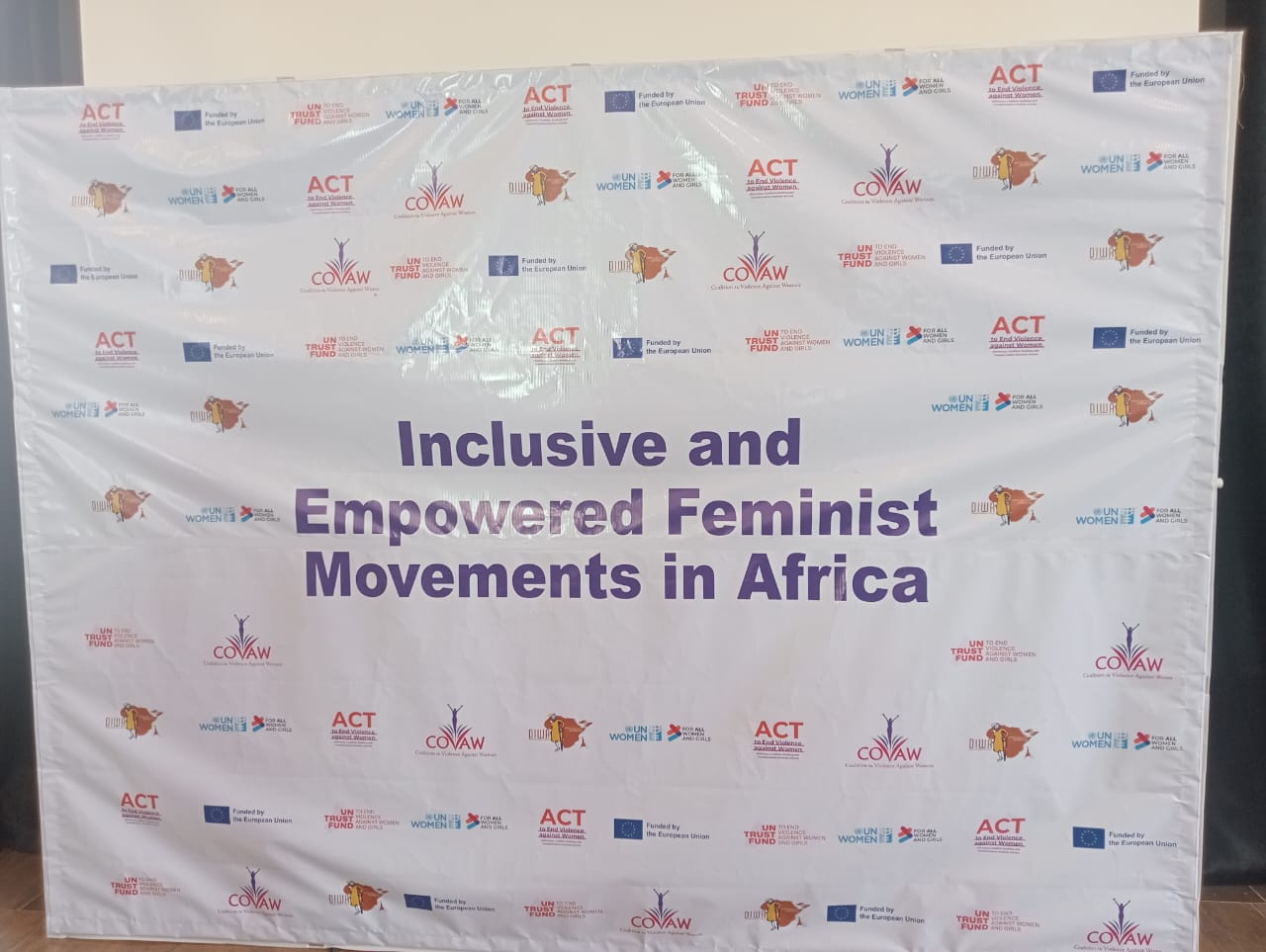
The Constitution of Kenya 2010, establishes the broad right to equality, freedom from discrimination and human dignity, gives mandate to the state to provide protection to marginalized groups including those with disabilities.
PWDs, are not included in the decision making panels, hence limited participation. Movements such as the United Disabled Persons of Kenya (UDPK), are on the frontline to eliminate these obstacles, and ensure the Disability Act 2003 is fully implemented in Kenya.
Despite the existence of the law, women and girls with disabilities face challenges in many aspects of life. UDPK has made significant strides in promoting their rights and ensuring fair public participation.
Further, it has partnered with organizations such as the National Gender and Equality Commission (NGEC) and also COVAW, to advocate for the rights of girls and women with disabilities.
Kenya stresses a transition from simple inclusion to co-creation by investing in institutional partnerships and capacity building as a member of FEMNET Pan-Africa.
One major problem is that crucial discussions are frequently missed by women’s rights groups. This calls for more robust movement building opportunities.
Equality Now, an international women’s rights group, frequently comes up with new ideas, emphasizing on women not being a monolith, bringing on board that different viewpoints need to be heard.
Beating the odds
Speaking with Africa Feature Network, Janet Chapya, a proud woman living with disability, and a supporter of women with disabilities in Kenya. Her path is one of fortitude, tenacity, and purpose.
About 15 years ago, Janet’s life took an unexpected turn after she was involved in a car accident that left her wrist severely injured.
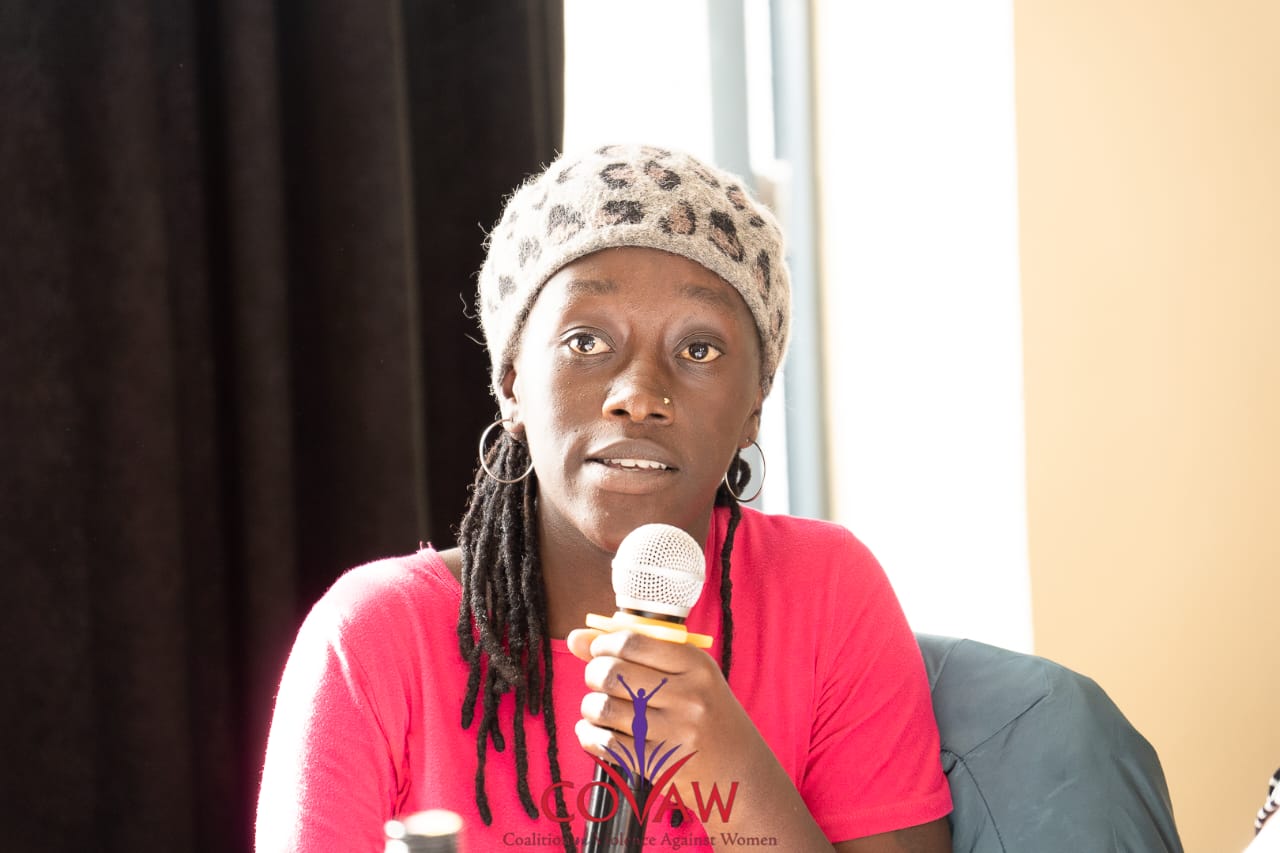
Her hand was amputated as a result of the wound getting worse due to medical negligence. Instead of shattering her, it strengthened her.
Today, Janet uses her story to empower and encourage other disabled women in Kenya and beyond. Janet, who was raised by a single mother and is now a mother, has never let her disability define or restrict who she is.
She narrated how hard it was for her to find a job, she says she was turned down on a job interview because of her disability.
“They said they were unaware that I was an amputee. I lost the job because of that before I had a chance to demonstrate my abilities,” she disclosed.
Inspite of all the obstacles, Janet is at the forefront promoting inclusion of persons with disabilities, not only in Kenya but across Africa.
She wants to give back to the society as organizations like COVAW ( Coalition on Violence Against Women), helped her learn to speak for those whose voices are frequently ignored as well as hers.
Through COVAW, she travelled to Rwanda for capacity building initiatives. She is currently working on an innovative project that will embrace all types of disabilities focusing on inclusive education.
By helping the deaf learn Braille and the blind learn how to communicate with people who have different disabilities, the project aims to close the communication gap between people with disabilities.
She acknowledges that many women with disabilities, particularly from grassroots areas such as Kibera, face compounded challenges including poverty, lack of access to healthcare, and limited opportunities.
“Most of them cannot afford medication or assistive devices. That’s why they remain vulnerable,” she notes.
Chapya continues to work closely with organizations such as DIWA (Disabled Women in Africa), and COVAW, which provide empowerment programs, advocacy training, and platforms for women with disabilities to share their stories and demand inclusion.
Her message is clear and powerful; disability is not inability. She stands as a living testimony that one’s physical limitations can never cage a determined spirit.
Inclusion of Persons with Disability in Malawi
In an exclusive interview with AFN, Executive Director for the Human Rights Commission in Malawi (HRCM), Habiba Osman, an institution mandated to protect and promote human rights in the broadest sense.
One of the key functions of the Commission is to work with persons with disabilities. The Commission has been in recent times campaigning for laws and policies to protect Persons with Albinism.
In Malawi, Persons with Albinism have been killed, tortured and discriminated against based on their skin colour. This is something that has to end in Africa. Albinism is a condition, not a crime. This applies to all African nations, not just Malawi.
Exclusion of Women With Disability in Political Seats
PWDs especially women, face the double brunt of discrimination. They are excluded in society, culturally, financially, politically and even in national matters.
“In the just ended 2025 elections, there are not any women that have contested as politicians. In fact, the few that attempted to do so did only at counselor level. As much as their voices are heard through some disability networks, much needs to be done as representation is still very low,” Habiba Osman said.
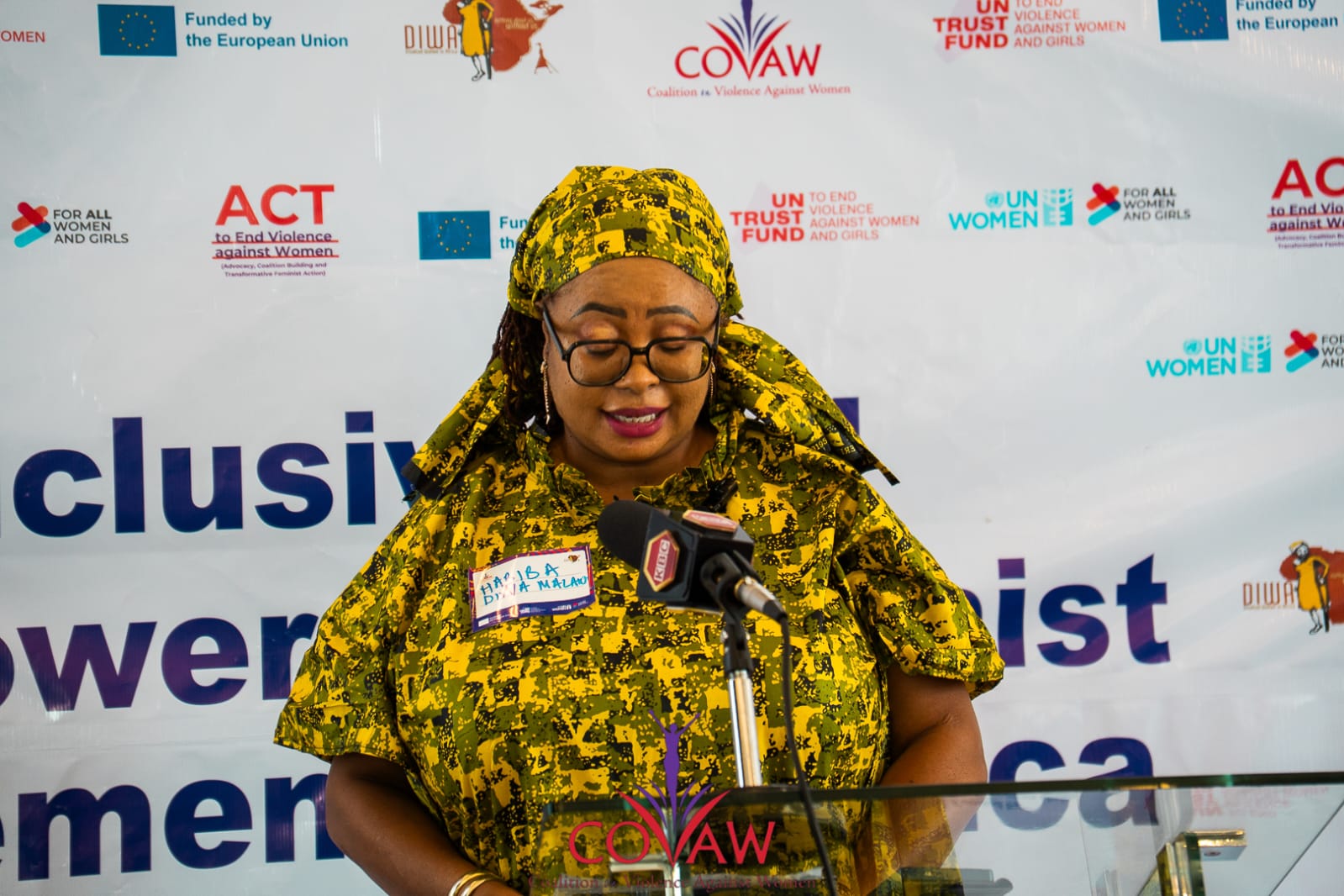
In Malawi. Photo: COVAW.
Malawi has stepped up to rights of PWDs, coming up with legal protections for PWDs; in 2024, they enacted the new Disability Act, which is better improved than the 2012 one.
“However, barriers like access to justice remains, as there are not enough trained judicial or enforcement officers working on disability issues or cases. Some of the barriers include financial barriers for women with disabilities to access legal representation, and also corruption interfering with access to services,” Said Osman.
Malawi’s laws continues to have gaps in terms of social protections. There is need for more strengthened advocacy to address these gaps.
“As advocates in the disability space, we need to work with other key networks particularly, the feminist and youth movements. While regional and continental coordination is key to helping national networks to have agency, it is also important to use ECOSOC and regional mechanisms for reporting and learning best practices,” added Osman.
Coalition building is one way to go to help disability networks to thrive. In addition, exploring alternative forms of funding, like crowd sourcing and working with philanthropists and foundations as opposed to traditional donors, should be explored since there is pushback from traditional donors.
Digital Learning and Capacitation of the Women with Disabilities
Osman further emphasized that feminist approaches should include intersectional issues, and incorporate innovation in torganisedches for example digital learning and capacitation of women with disabilities.
Too often, schools, especially boarding, overlook the needs of learners with disabilities. Children who use wheelchairs or have dwarfism struggle with simple things like climbing stairs, yet they can’t always rely on someone to assist them.
In May, President William Ruto signed into law Disability Act, that requires all public facilities made accessible to PWDs in the country.
African nations made inclusive school facilities a priority, ensuring every child can learn and move freely.
A Seat at the Table, But No Voice: Women with Disabilities and Rwanda’s Inclusion Gap
On May 31, Rwanda adopted a national policy to help ensure that PWDs enjoy full inclusion in society and equal participation in Rwanda’s transformation agenda.
For the country’s more than 446,000 PWDs, it was a milestone, but it is not enough.
While Rwanda has made impressive strides in formal gender parity, women now occupy around 63.8% of seats in the Chamber of Deputies, and over 53% in the Senate as of 2024.
Women’s share in the Cabinet remains significant, these advances often mask persistent exclusion of women with diverse disabilities from meaningful voice and influence.
Despite an overall disability prevalence of roughly 3.4 % nationally, (3.6 % among women vs 3.1 % among men), many women with disabilities have never attended school (49.6 % of disabled women, compared to 32.3 % of disabled men), and very few reach higher education.
Challenges among PWDs in Rwanda
Financial obstacles, inaccessible infrastructure, shortage of specialist teachers, stigma and lack of tailored accommodations further limit their participation.
Rwanda must strive to include women and persons with disabilities in the country’s governance.
Financial and structural barriers have to be resolved through scholarships, accessible campuses and teacher training.
Additionally, inclusive curricular, assistive technologies and ensure women with disabilities are not just present in decision making bodies but organized, supported and empowered just like their male counterparts
